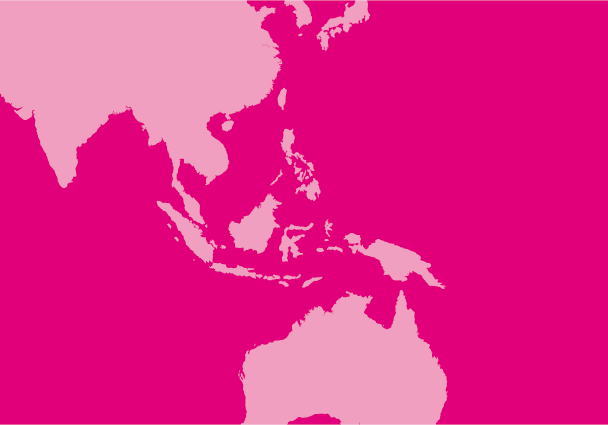
Sep 19, 2011 | Events
The ICJ and the Transitional Justice Law Committee of the Nepal Bar Association are organizing a High–Level Interaction Program on general amnesty, case withdrawal and pardon.

Sep 16, 2011 | Events
The 9th World Day Against the Death Penalty will focus on the inhumanity of the death penalty as a cruel, inhuman and degrading treatment and punishment.
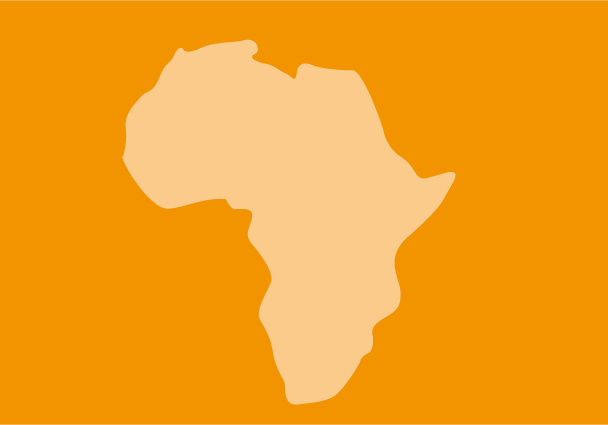
Sep 12, 2011 | Events
The Kenyan Section of the ICJ and other human rights institutions will be convening the Third Roundtable on strengthening the African human rights system in Mombasa, Kenya from 20 – 21 October 2011.
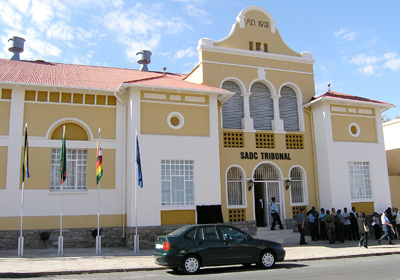
Jul 27, 2011 | Events
SADC Tribunal: the Summit of the Southern African Development Community (SADC) will continue to have pervasive effects on human rights and the rule of law in the SADC region.
This is despite the advice of the World Trade Institute Advisors (WTIA) and the finding of the SADC Committee of Ministers of Justice/Attorneys-General that the Protocol on the Tribunal took effect through its incorporation into the Treaty by the adoption of the Agreement Amending the Treaty in August 2001; that the effectiveness of both the Protocol and the Agreement Amending the Treaty in August 2001 did not require ratification; and that the SADC Tribunal was legally constituted, and its decisions are binding on all SADC Member States, the SADC,
Regional legal consultative meeting-events-2011 (full text, PDF)
Conference synopsis-event-2011 (full text, PDF)
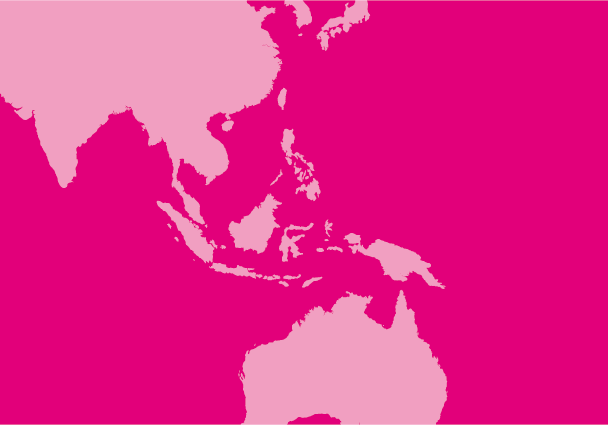
Jul 13, 2011 | Events
The ICJ and other human rights group are organizing an interaction program titled “Impunity and the Non-Implementation of Judicial Rulings” to be held on the 13th annual International Justice Day.
The non-implementation of judicial decisions has been a major obstacle to the effective delivery of justice for victims of human rights violations, and has contributed to the current state of impunity in Nepal. The objective of the program is to bring together members of the judiciary, legislators, human rights defenders, prosecutorial authorities and other senior stakeholders to develop strategies to increase the effective execution of judicial decisions.
Mr. Khilraj Regmi, Right Honorable Chief Justice of the Supreme Court of Nepal, will be the chief guest, and Dr. Yubraj Sangroula, Attorney General of Nepal, will be the keynote speaker of the program, jointly organized by the ICJ, the Informal Sector Service Center (INSEC), Judicial Officers’ Society (JOS) and Human Rights and Democratic Forum (FOHRID).
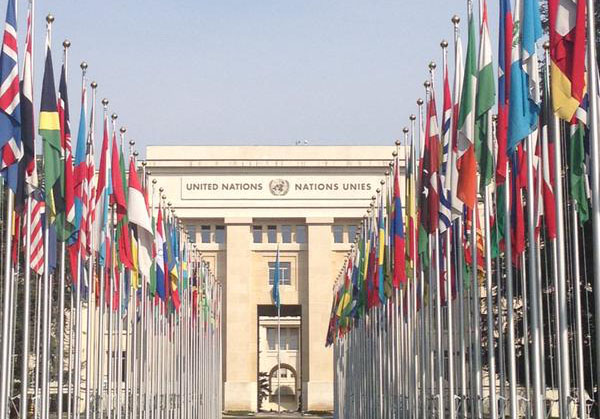
Jun 9, 2011 | Events
Human Rights Council Resolution 12/2 invites the Secretary-General to provide a ‘compilation and analysis of any available information’ of alleged reprisals and to formulate ‘recommendations on how to address the issues of intimidation and reprisals’.
NGO experience highlights the lack of protection for victims of reprisals and the resulting reluctance to report such cases. The absence of broader and more long-term recommendations on addressing reprisals compounds this lack of protection. This panel discussion seeks to explore ways in which various actors can raise awareness about and increase the effectiveness of the Council’s efforts to combat reprisals, including by improving protection for those concerned.










